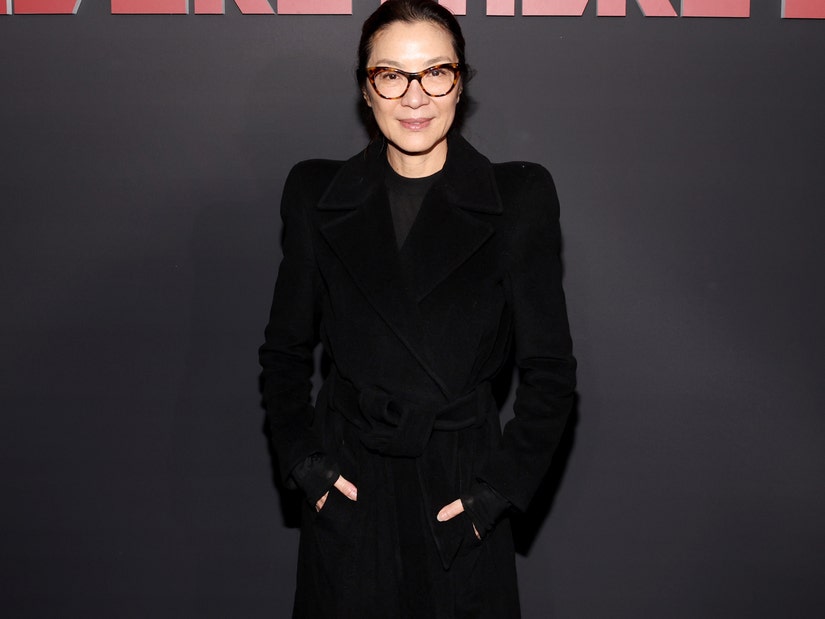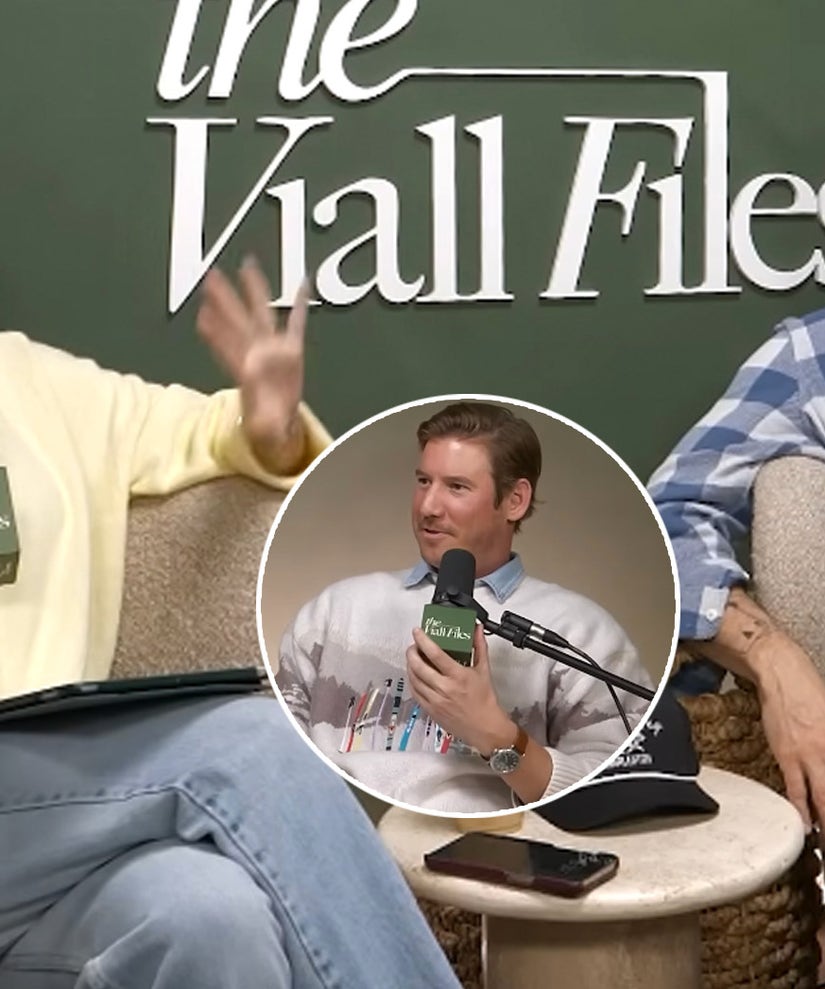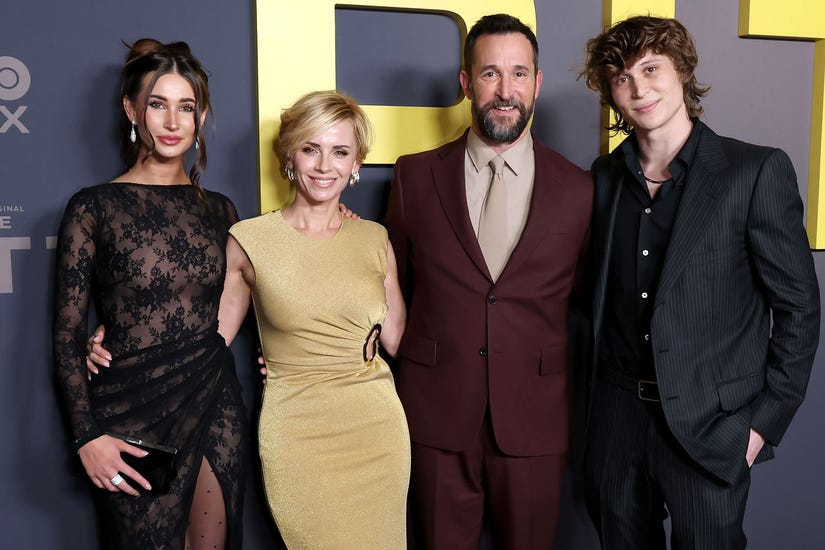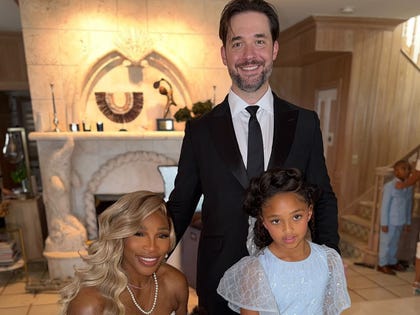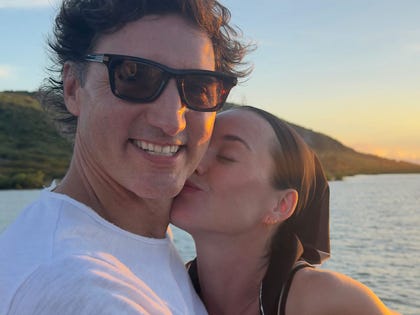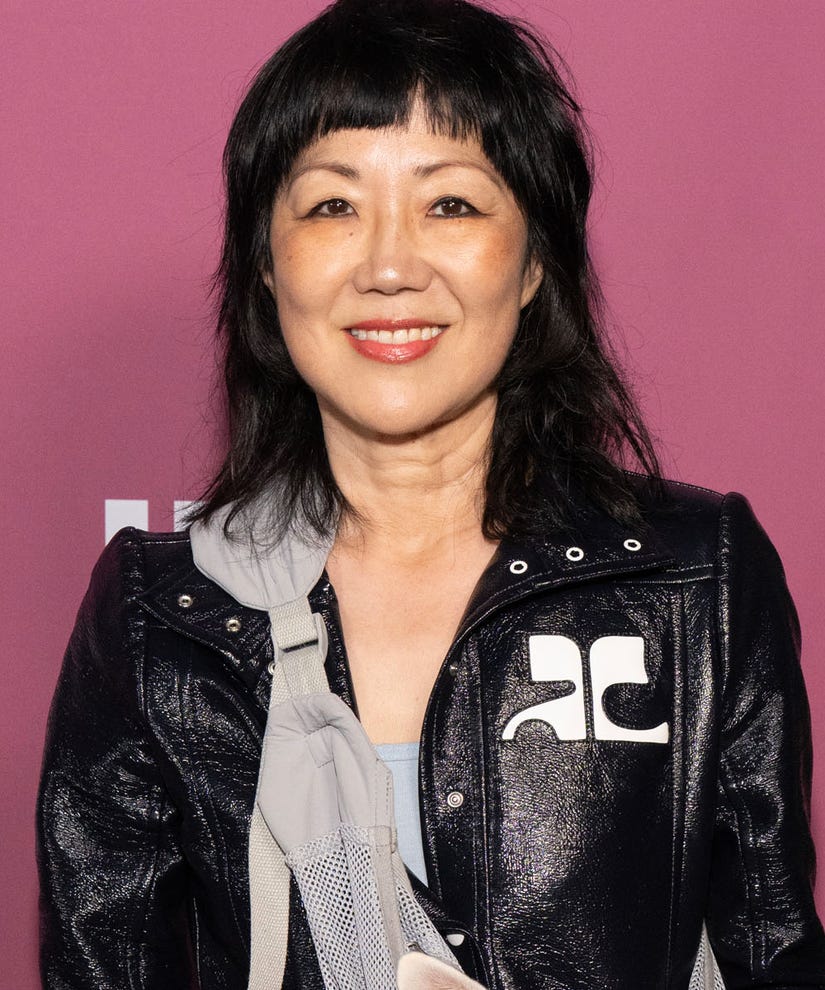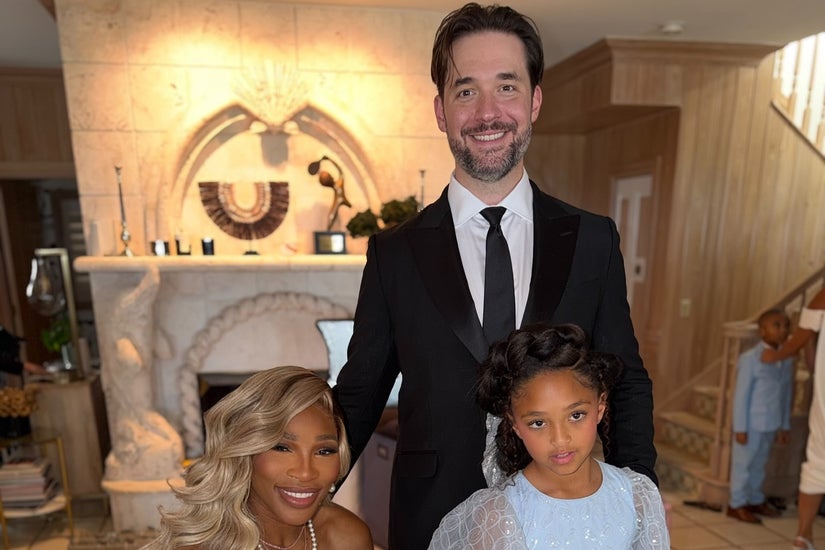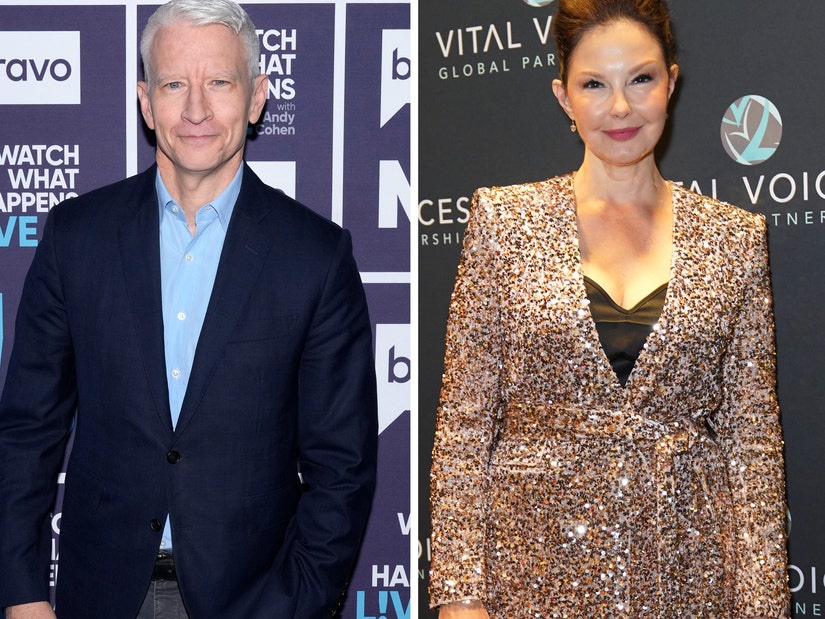 Getty
Getty
The CNN journalist and actress had an emotional discussion about grief as they reflected on losing family members to suicide. Cooper's brother, Carter, died in 1998, while Judd's mother, Naomi, passed away in 2022.
Anderson Cooper and Ashley Judd are opening up about navigating the tragic loss of their loved ones who died by suicide.
On Wednesday's episode of Cooper's All There Is with Anderson Cooper podcast, the CNN journalist and actress had an emotional discussion about grief as they spoke about losing their brother and mother, respectively, to suicide.
Cooper's brother, Carter, died in 1998, while Judd's mother, Naomi, passed away in 2022.
"My mother's death was traumatic and unexpected, because it was death by suicide, and I found her," Judd, 55, shared. "My grief was in lockstep with trauma because of the manner of her death, and the fact that I found her. I held my mother as she was dying, and there was blood, and I just needed to process the fact that I was with my mother's blood."
"I'm so glad I was there because even when I walked in that room, and I saw that she had harmed herself, the first thing out of my mouth was, 'Mama, I see how much you've been suffering,'" she continued. "'And it is okay to go. It is okay to go. I am here. It is okay to let go. I love you.'"
Judd added that she got in bed with her mother, and held her. "[I] said, 'Let it all go. Be free. ... All was forgiven long ago. Leave it all here. Take nothing with you. Just be free,'" she recalled to Cooper.
Cooper noted that it was an "extraordinary blessing" that Judd was able to be with her mother in her final moments.
"I'm so thankful I was there," she said.
As Cooper began to talk about his brother's suicide, he started to get choked up, to which Judd immediately assured him that she was there to support him.
"I'm here, Anderson," she told him, which promoted Cooper to continue.
"One of the things I've found so hard about losing my brother to suicide was I get stuck in how his life ended," he said. "The violence of it -- he killed himself in front of my mom -- and also my shock over it and the realization that I didn't really know him."
"And I'm wondering if the manner of your mom's death made you question how much you know her," he added, to which Judd thanked Cooper "for sharing."
"All our stories are sacred," she explained. "And I really honor the place in you [where] that's coming from. I think we all deserve to be remembered for how we lived. And how we died is simply part of a bigger story."
Cooper and Judd also opened up about how they've found they can have relationships with their loved loves even after they've died.
"It's one of the things that I've learned in talking to people that's really been helpful to me is this idea that you can still have a relationship with somebody who had died and, in fact, that relationship can grow and change and morph," Cooper said.
"I am finding that," Judd agreed, adding, "I'm really encouraging people to honor these small impulses. Consider it a nudge, perhaps from your loved one."
If you or someone you know is struggling with depression or has had thoughts of harming themselves or taking their own life, get help. The National Suicide Prevention Lifeline (1-800-273-8255) provides 24/7, free, confidential support for people in distress.

